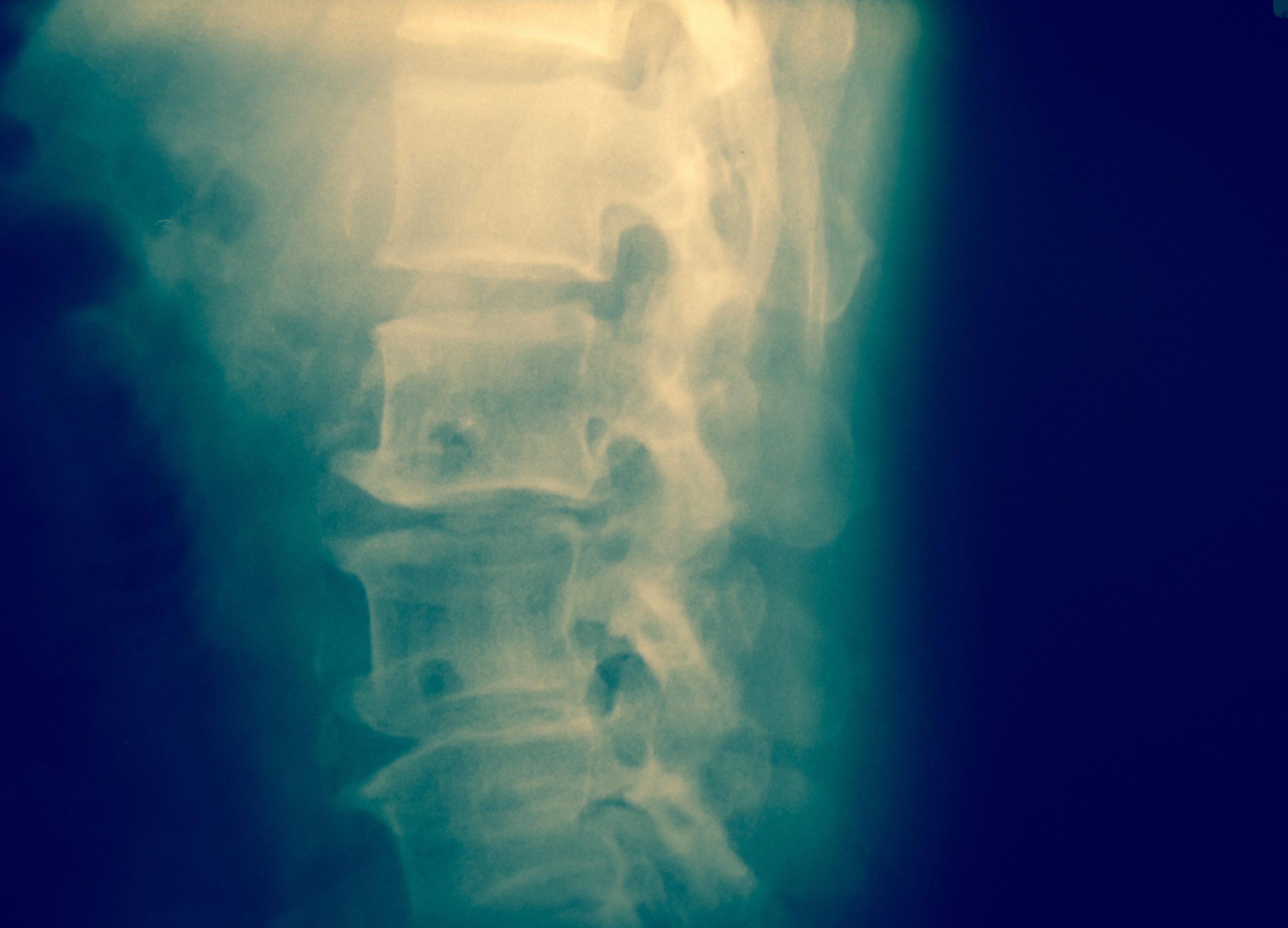
THURSDAY, Nov. 10, 2022 (American Heart Association News) — A popular type of fertility treatment is associated with increased risk for serious cardiovascular complications in women at the time of delivery, longer hospital stays and higher hospitalization costs, new research finds. “It’s not necessarily that reproductive technologies are causing the cardiac complications,” said Dr. Erin… read on > read on >






























